Supplemental Security Income: How to Prove You Meet Income and Resource Limits
Supplemental Security Income (SSI) becomes a vital lifeline that provides support to people with disabilities, seniors, and people who have minimal resources and income. The Social Security Administration (SSA) defines formal limitations for SSI benefits eligibility, which everyone must prove. Failure to submit appropriate documentation and misunderstanding eligibility requirements can trigger denied benefit claims and delayed benefit payments. Problem candidates will find clear guidance about defining SSI income and resources alongside steps for proving their eligibility, thanks to an experienced Social Security Attorney who boosts their approval potential.
What Counts as Income for SSI?
When evaluating SSI benefit eligibility, the SSA examines different kinds of income. What you earn is essential in determining your federal assistance benefits. Knowledge about what the SSA regards as income lets you organize appropriate documentation to demonstrate eligibility.
Types of Income Considered for SSI
According to the SSA, four essential types of income need assessment.
- Wages from employment make up earned income, self-employment earnings, and all bonuses and commissions received. During the SSI application while working, the Social Security Administration incorporates information about your earnings.
- Social Security benefits, unemployment benefits, pensions, and cash gifts are classified as unearned income. SSDI Attorney benefits do not eliminate the possibility that the SSA will still consider their unearned income.
- The Social Security Administration may consider free accommodations or food that others provide as countable income for determining SSI disability benefits.
- The money your spouse or parent earns, which you share with them at their same address, affects how SSA determines your SSI eligibility amount.
You should document all your earnings sources while maintaining awareness of how the Social Security Administration will evaluate them throughout their benefit assessment examination.
What Counts as Resources for SSI?

Your income represents only one aspect that an applicant must demonstrate to qualify for SSI benefits. Any owned asset that can turn into cash is considered a resource to support personal needs.
Types of Resources the SSA Considers
The Social Security Administration permits only $2000 for individual resource counts and $3000 for couples' resource counts. Eligibility assessment uses both these resources and other specific elements.
- The value of bank checking and savings funds contributes to your financial resource evaluation limit for SSI eligibility standards.
- Any property you own that serves as your main residence is excluded from determining countable resources and assets for eligibility in the United States.
- Supplemental Security Income (SSI) may classify supplementary vehicles as countable resources once you exceed the cost of owning one vehicle.
- Your resources are stocks, bonds, mutual funds, and specific retirement accounts.
- SSI examines life insurance policies because their cash value above a threshold determines whether they qualify as countable resources.
Your main residence and single vehicle used for commuting remain excluded from SSI resource evaluation. Documenting your financial assets enables you to evade delayed and rejected benefit applications.
How to Prove You Meet Income and Resource Limits
A full documentation submission showing your income levels and resources that meet SSA requirements is needed to get SSI benefits. Here’s what you need to do:
Gather Financial Documents
To confirm your SSI qualification, you must present established documents demonstrating how your financial condition fits the SSA's specified criteria. All candidates must present financial documentation, asset verification material, and supplementary paperwork during the application stage. Every detail matters because errors, regardless of size, could trigger delayed payments or denial from the SSA.
Provide Proof of Resources
Before the SSI eligibility decision is made, the applicant must demonstrate their income situation with official bank statements, employment pay stubs, and documentation from all their different income streams, such as Social Security and financial assistance. Self-employed individuals must present complete documentation about their business earnings and expenses following a specific format. The SSA assesses the free housing and food benefits you receive since this can affect your eligibility.
Keep Records of Assistance Received
All applicants needing to prove their countable resources need to prove their ownership of property, investment accounts, and additional financial assets. People who possess real estate properties, cars, and other personal items need to understand the distinct definitions employed by the SSA when determining exemptions. The organization evaluates all reported resources because incorrect reporting might cause the denial of applications or decreased benefit amounts.
Work with a Social Security Attorney
Legal assistance from Social Security attorneys helps people understand complex rules regarding SSI eligibility. A qualified attorney will evaluate your documents while verifying SSA requirements and defend your case should your application be denied. When seeking professional help, your application will likely succeed and eliminate unnecessary problems.
Common Mistakes to Avoid
The approval process delays and application denials arise from mistakes that could be prevented. The following errors will decrease your odds of approval:
- All minor income sources and major ones must be revealed to the Social Security Administration.
- Inaccurate documentation errors, including forgotten application documents, will lead to application denial.
- When you reside with your spouse or parent, some of their earnings can affect your eligibility determination.
- Your application will experience delayed processing or cancellation when you miss the document submission deadline.
Read More: Why Do Disability Claims Get Denied?
Why Legal Guidance Can Be Helpful
Demonstrating SSI eligibility is difficult due to its strict income and resource limitations, particularly when you do not know the SSA rules. A professional SSDI or Social Security Attorney helps SSI applicants file their benefits requests by following the complicated procedure and obtaining suitable evidence while handling rejection decisions.
Applying for SSI benefits greatly from partnering with Eric R. Hunt, Attorney. Eric R. Hunt has extensive experience handling Social Security Attorneys for Disability cases while serving clients to obtain their rightful benefits. Book a consultation at his office now to access the support needed for your SSI benefits application.











